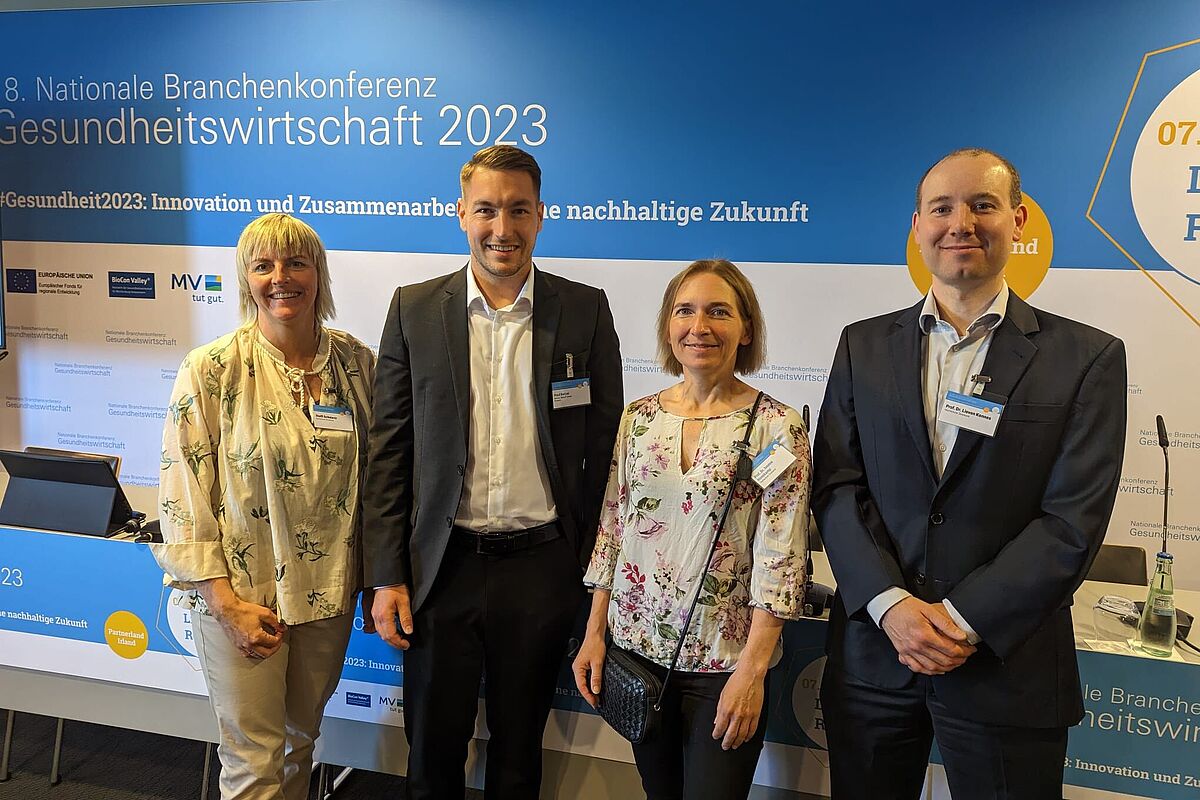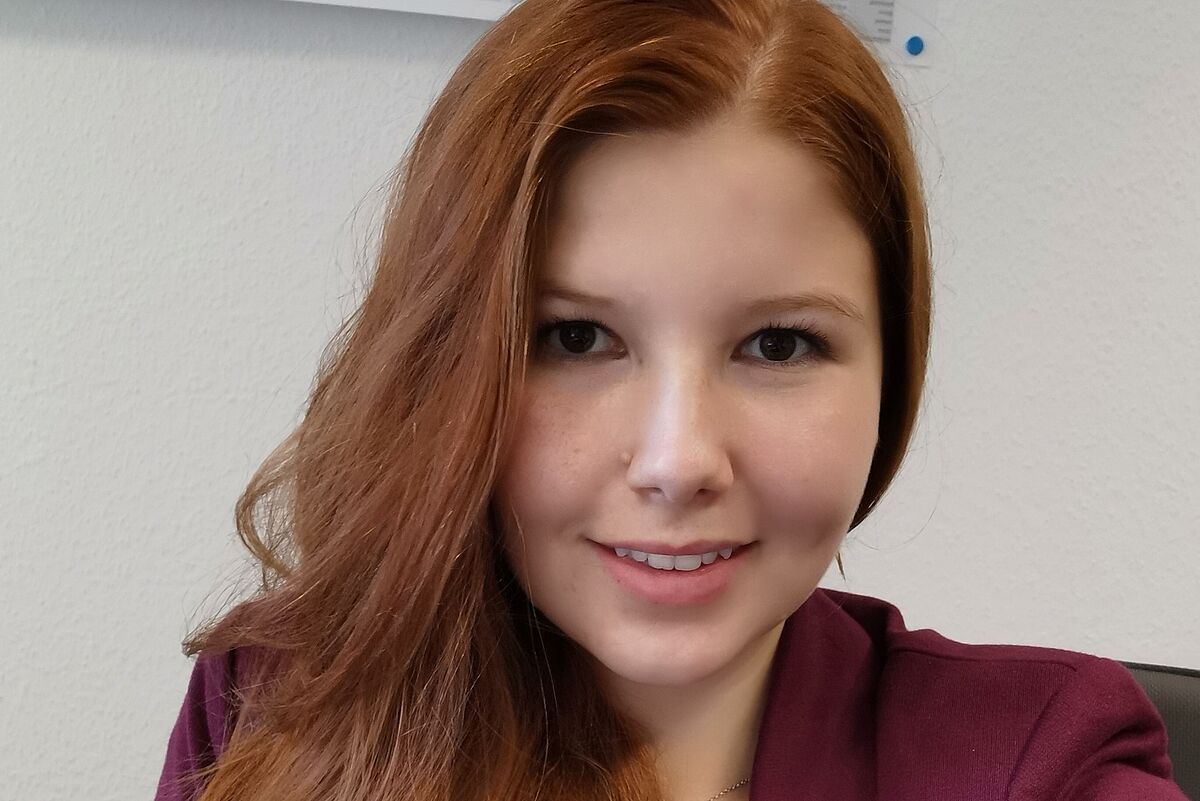Sabrina Koch, a health economics student at Stralsund University of Applied Sciences, is devoting her Master's thesis to gender-sensitive medicine and diversity medicine in cooperation with a start-up.
Bikini medicine is the name given to the traditional medical view that sees the main difference between men and women in the primary and secondary sexual characteristics and therefore the areas covered by the bikini. Gender-sensitive medicine is a realistic alternative. One that includes, for example, the fact that young women's blood vessels are protected by the hormone oestrogen. "We are so advanced these days. Excursions to Mars are being discussed. But at the same time, in medicine and research, differences between women and men are broken down to their sexual organs - there is much more to it than that. The current standardised approach poses a serious risk of systematically disadvantaging women in medical care," comments Master's student Sabrina Koch from Stralsund University of Applied Sciences.
She first came into contact with the topic at the national healthcare industry conference, where she attended a session on gender-sensitive medicine. Since then, the student has not let go of it. She took the module "Career planning in the healthcare sector" as part of her health economics degree at Stralsund University of Applied Sciences. Taking part in the conference was part of her plan to broaden her horizons and open up networks. The plan worked.
"I had the opportunity to discover completely new subject areas for myself. The issues behind gender-sensitive medicine have particularly stuck in my mind," says Sabrina Koch, "I would like to support their further development with my thesis". She will start her Master's thesis in September 2023 and would like to take an even more holistic approach and develop her Master's thesis in the direction of diversity medicine. "In this respect, even greater emphasis will be placed on the individual aspects of patients. Differences between genders are just the beginning, because socio-economic backgrounds, migration and the like also play a role in treatment," explains Sabrina Koch, "I find that incredibly exciting." And the programme manager of the course, which is offered at the Faculty of Business, adds: "The fact that we are making a contribution to shaping the healthcare of our society more precisely and individually in future with our Master's course," says Steffi Schnierer, "fills me with great joy and pride". Sabrina Koch can well understand why she is so passionate about the topic and wants to contribute to increasing the focus on diversity medicine. "I consider a differentiated and therefore more needs-based approach to be an important and pioneering step, as it puts people's individual needs at the centre," says Steffi Schnierer. The student has found good partners for her ambitious goal. In 2022, in the summer semester, Sabrina Koch attended the conference herself. At this year's industry conference, Prof. Dr Ivonne Honekamp, her current first supervisor, and the head of the degree programme, Prof. Dr Lieven Kennes, took the opportunity to meet experts and get to know two aspiring doctors. They had set up their own business, the Acadim Academy for Diversity and Individual Medicine, to provide doctors with more knowledge on the topic in question.
Paul Netzel from BioCon Valley, which organises the industry conference and acts as a central point of contact for the healthcare industry in Mecklenburg-Vorpommern, pushed networking. Fun fact: Paul Netzel himself is also a graduate of our Stralsund University of Applied Sciences. As the Healthcare Industry/International Affairs Officer, he organised an online meeting with the two medical students, Prof. Dr Ivonne Honekamp and Sabrina Koch. After discussions and brainstorming, it didn't take long for Sabrina Koch's decision to write her Master's thesis with Acadim to be finalised. Among other things, she will conduct a survey among doctors on the topic (diversity and individualised medicine). "We started the Master's in Health Economics a good four years ago and since then our network of practice partners has grown steadily," explains Prof Dr Ivonne Honekamp, who is the first supervisor of the thesis, "I am delighted that we have now been able to bring our Master's student together with Acadim, a start-up from the region." This is a win-win situation.
Image 1: Sabrina Koch, Stralsund University of Applied Sciences

Image 2: The GOEK team from Stralsund University of Applied Sciences, consisting of Steffi Schnierer (left), Prof Dr Ivonne Honekamp (2nd from right) and Prof Dr Lieven Kennes (right) with alumni Paul Netzel, who now works for BioCon Valley.

